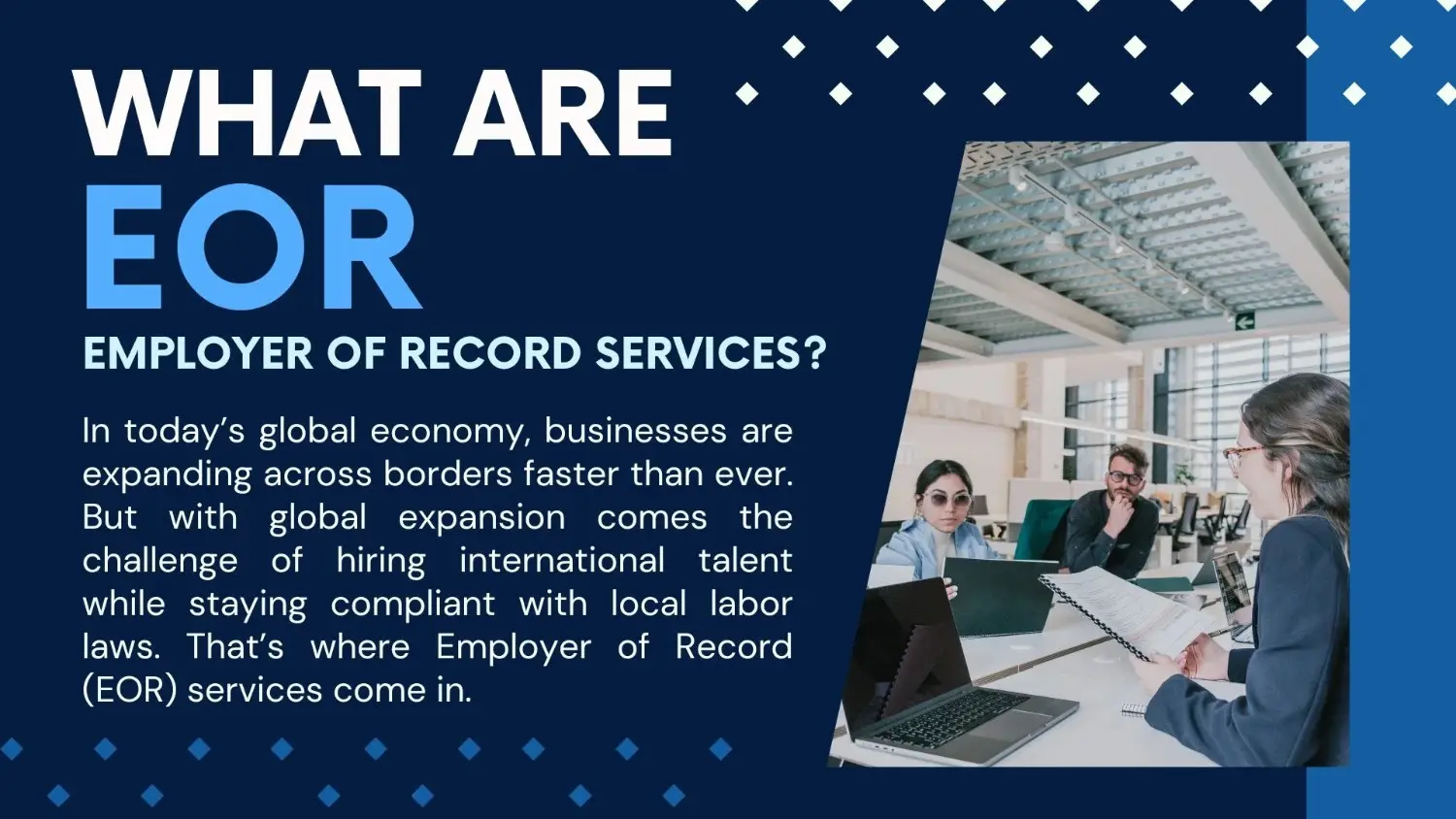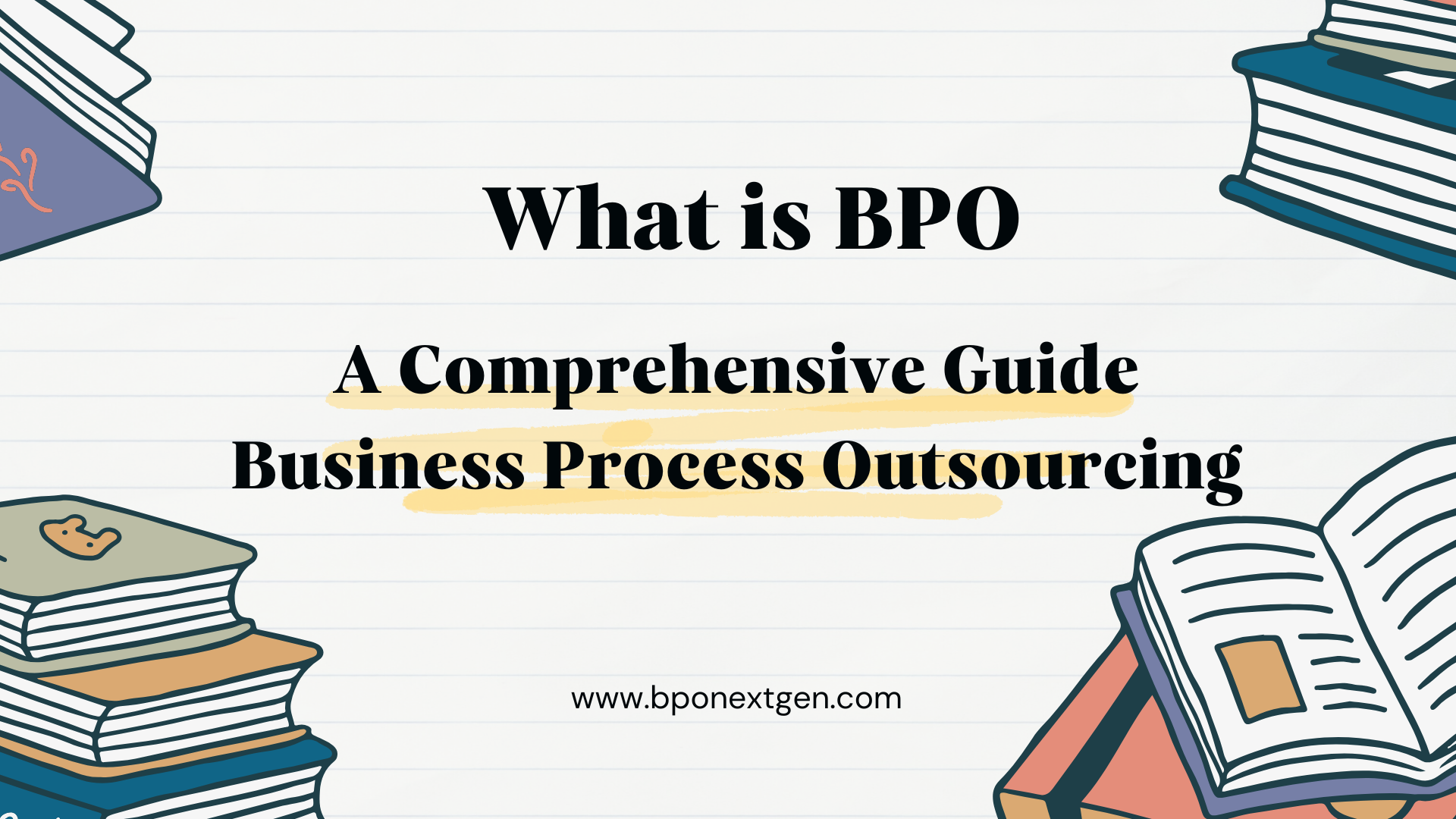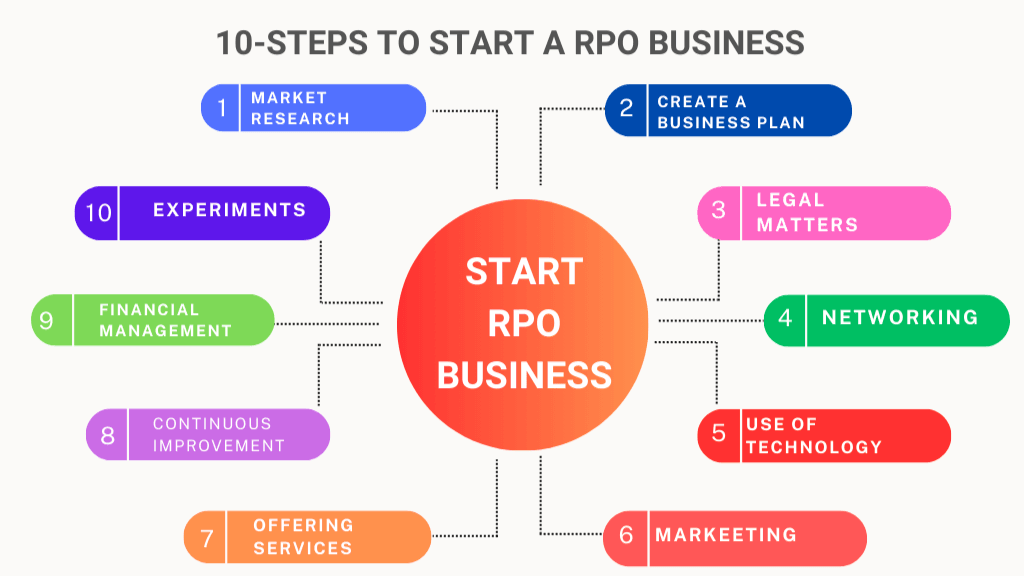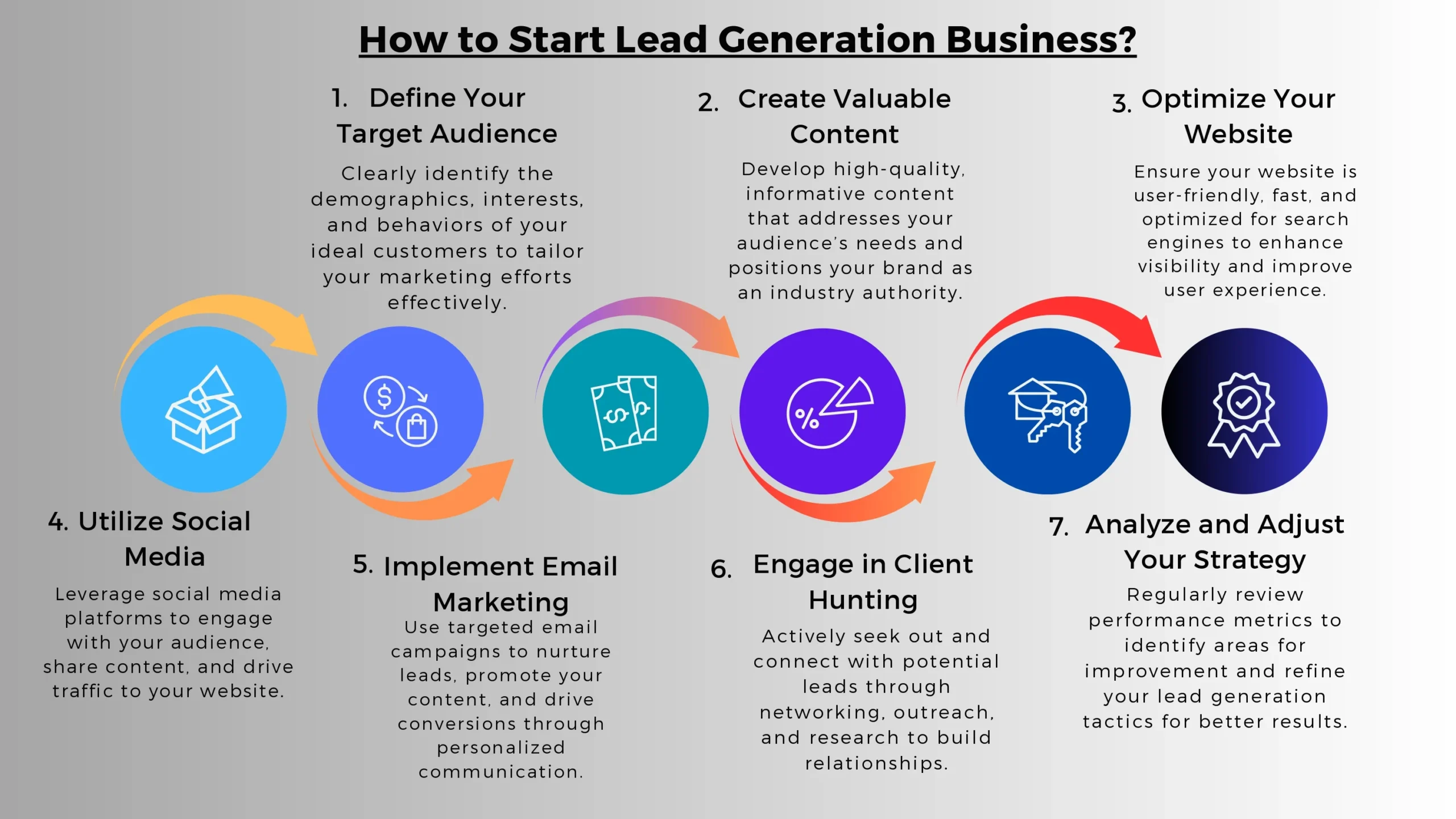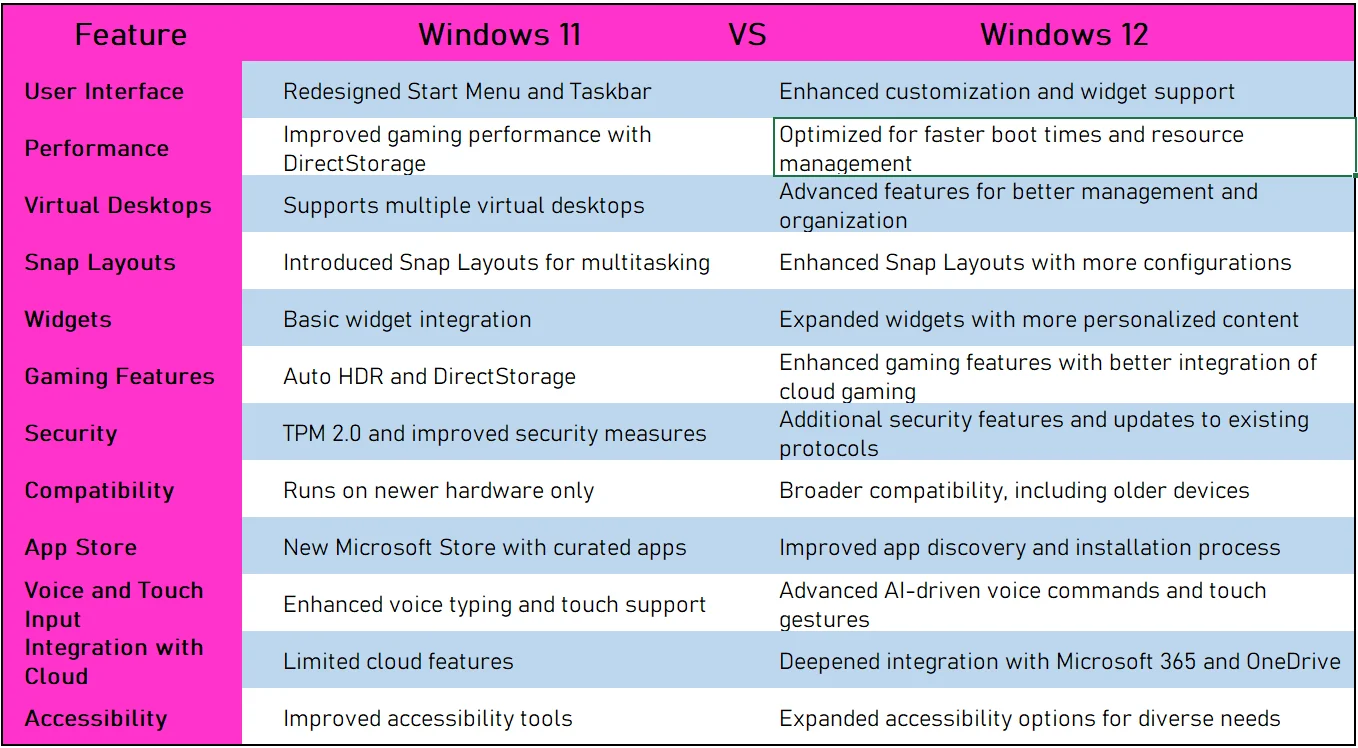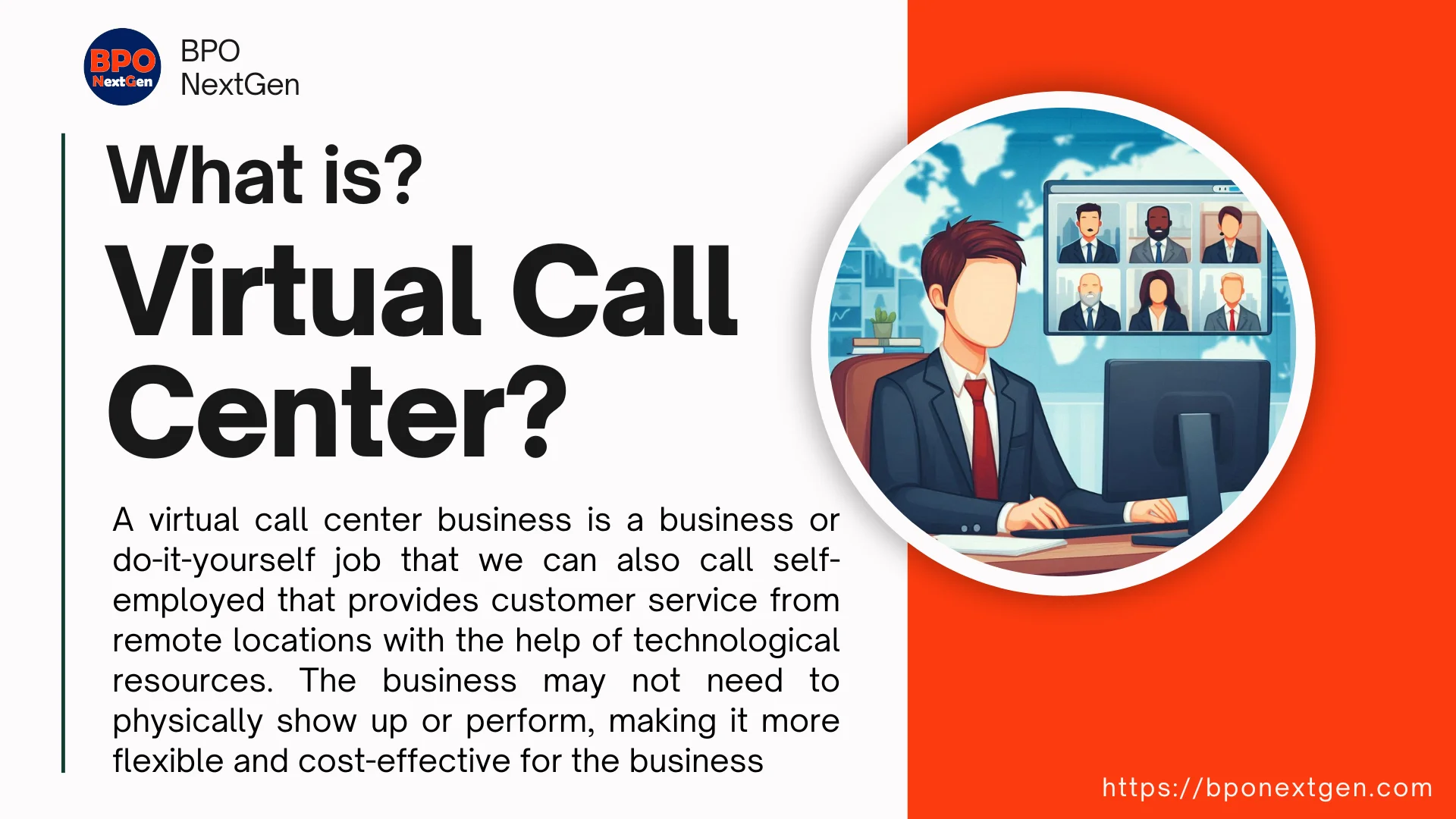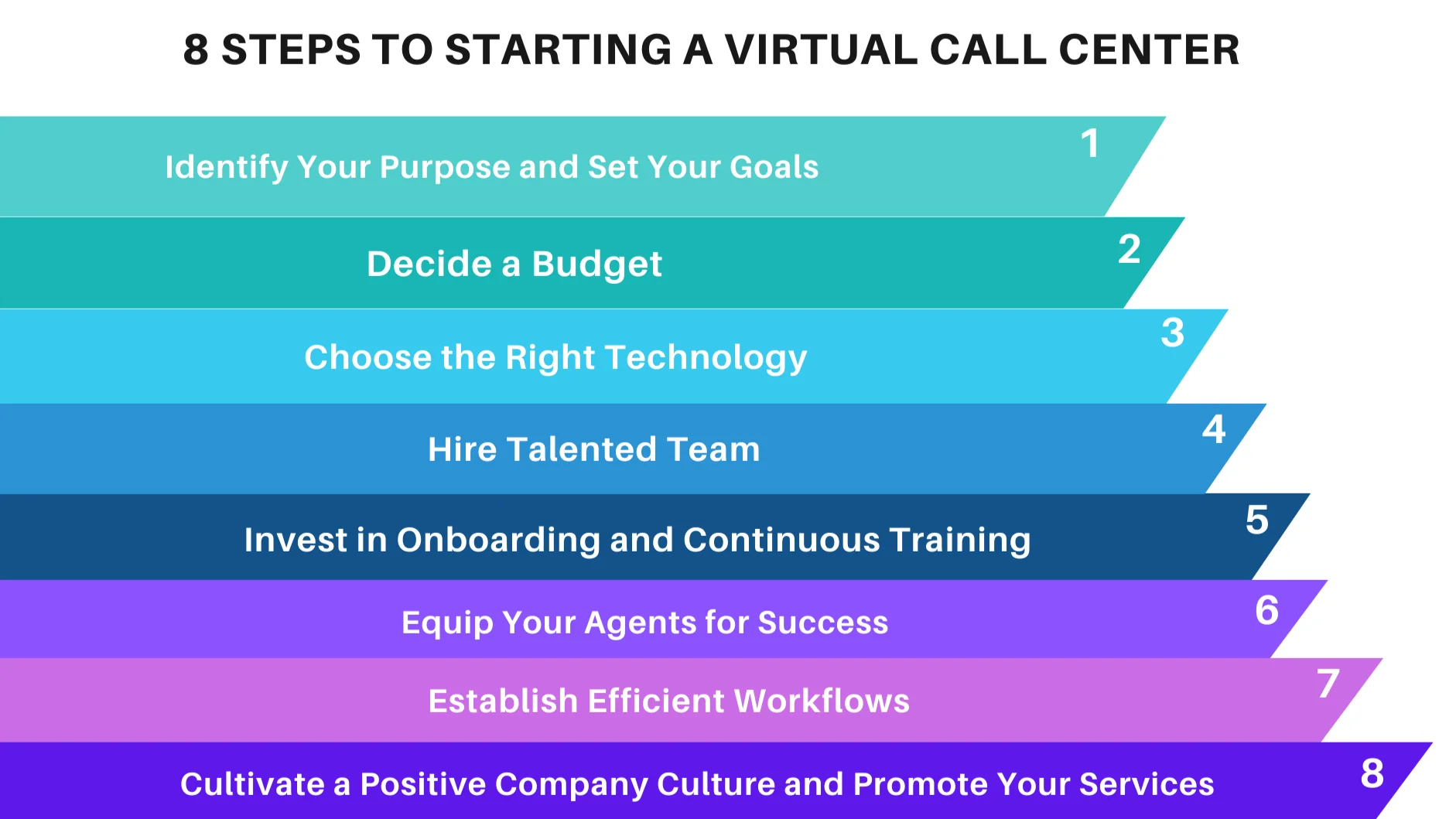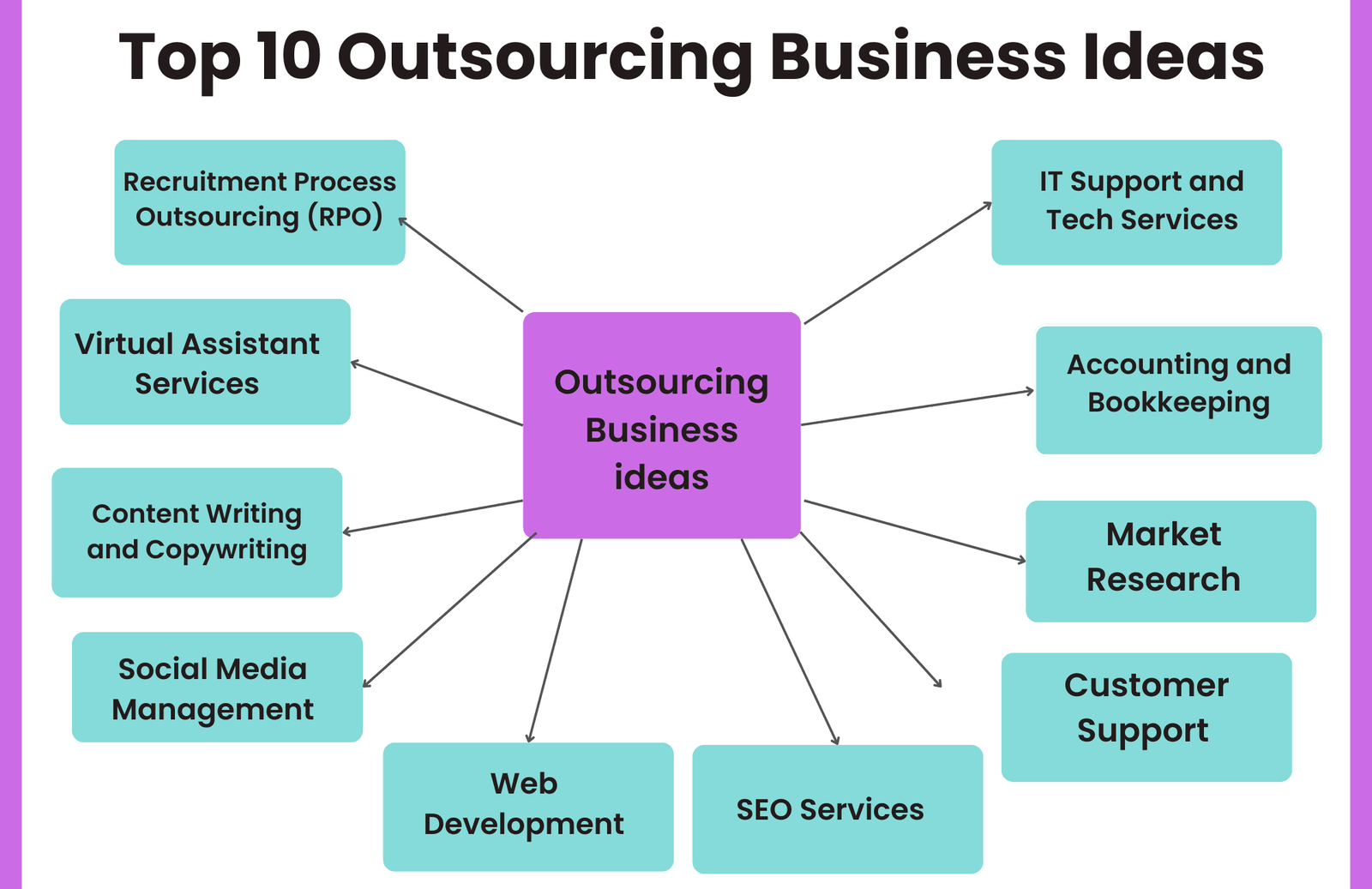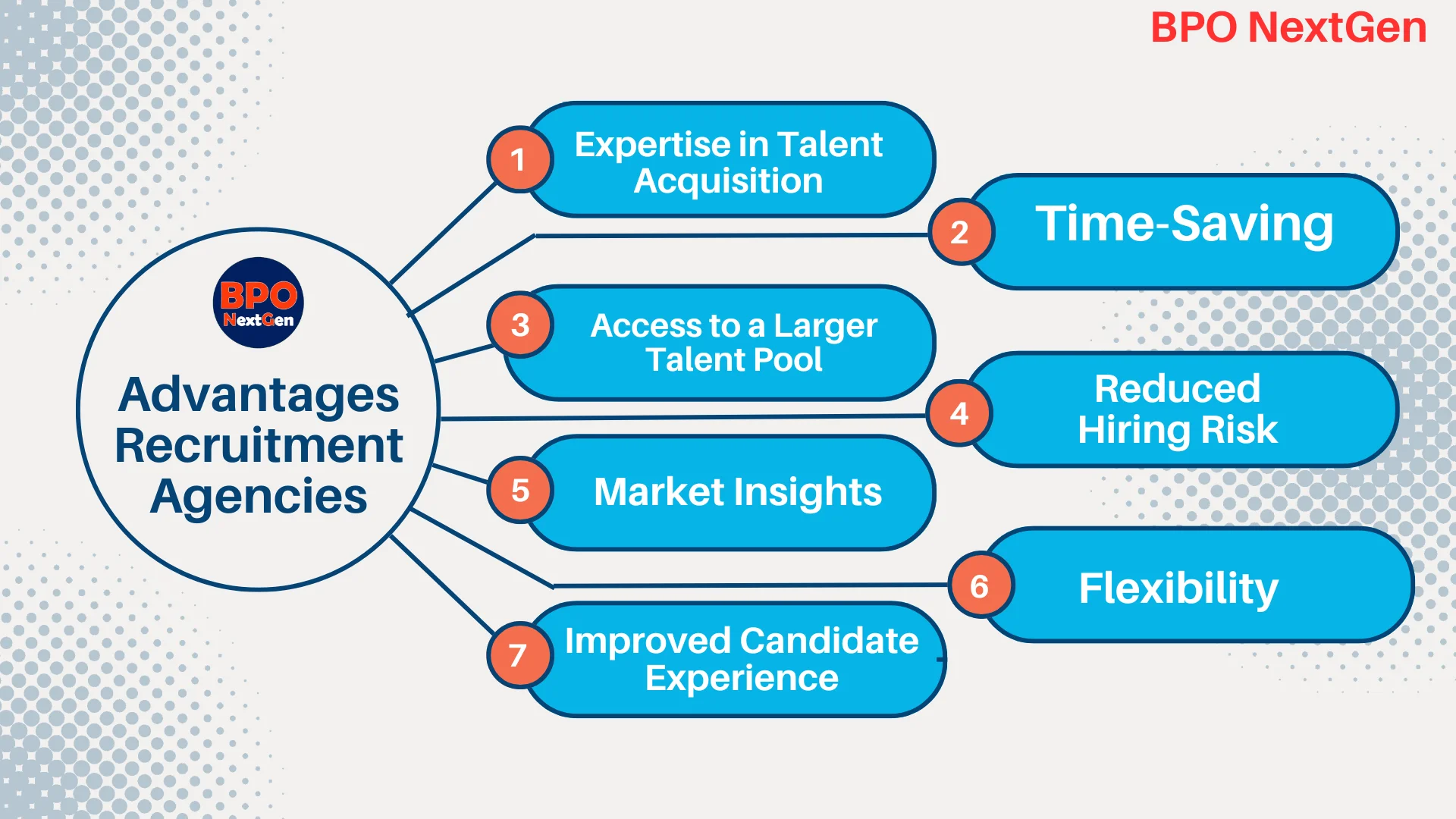
Table of Contents
ToggleWhy we write CV or Resume?
A specific reason for writing resumes and CVs, which may be common, is to land a job or to inform the employer of all your qualities. In order to do a job, a person gathers his education, skills, experience and expertise and wants to convey all of them to the person who wants to hire him. Thus, every person faced great difficulty in telling all their qualities, to solve it, people used to write their skills or qualities on one page, from where the name of CV and resume of this page was given.
In this way, people go for job interviews by putting all their qualities on CV and resume and the job provider checks all the qualities of that person from this CV or resume.
Importance of Writing Skills on CV or Resume
Your CV or resume can have many sections, the most important of which is the skills section, which shows an employer or a company what education you have to work in an organization. And apart from experience, what are the skills that can be beneficial for this organization? Many employers pay special attention to the skills section to determine who should move to the next step in the hiring process and who needs to improve their skills. Thus it can be said that writing skills in your CV or resume decides whether or not you get a job. So write your skills openly and write skills that you have or that you can be responsible for.

What Skills to put on CV or Resume?
These are important skills that can be put you on CV or resume:
- Active listening skills
- Communication skills
- Computer skills
- Customer service skills
- Interpersonal skills
- Leadership skills
1. Active listening skills
Active listening is the ability to focus fully on a particular object or place, understand their message, understand any information it implies, and respond thoughtfully. Active listening involves using verbal and non-verbal techniques to keep their attention on the speaker. Making the interviewer feel that you develop and use active listening skills can show your employer that you are interested and interested in the project or job. And you feel a great interest in their work with this skill of yours.
Include these keywords in your CV or Resume skills section:
- Asking questions
- Note-taking
- Organisation
- Punctuality
- Verbal/Non-verbal communication
2. Communication skills
Communication skills are the skills you use when giving and receiving different types of information, even if you are employed in a company. Some examples include expressing thoughts, feelings, or activities happening around you. Communication skills include listening, speaking, observing, and empathizing when talking on the job or in everyday life. Having strong communication skills is important at every career level in every industry.
Include these keywords in your CV or Resume skills section:
- Active listening
- Constructive criticism
- Interpersonal communication
- Public speaking
- Verbal/Non-verbal communication
- Written communication
3. Computer skills
Computer skills include the ability to learn and operate a variety of technology, including general computer use. Hardware Skills As we know devices by looking at their shape and remembering their names. Software skills are the skills we have to use different types of software inside a computer. There are some software skills that can be mostly used in companies and which employers look for in our CV or resume and look for these skills in us. Like using a spreadsheet or knowing a specific coding language or typing at a good speed or using Microsoft software.
Include these keywords in your CV or Resume skills section:
- Typing/word processing
- Fluency in coding languages
- Systems administration
- Spreadsheets
- Email management
4. Customer service skills
Customer service skills are the qualities that create an experience in you that
Helps to fulfill customer needs or ease their problems. In general, customer service skills rely heavily on problem solving and communication. Customer service skills are skills that are considered “soft skills,” including understanding non-verbal languages and actively listening and reading both non-verbal cues.
Include these keywords in your CV or Resume skills section:
- Active listening
- Empathy
- Interpersonal skills
- Problem-solving
- Reliability
5. Interpersonal skills
Such qualities when you are communicating with a customer or an employee of your company or with each other in your daily life are called interpersonal skills. They cover various scenarios where collaboration between different people, be it customers or employees of the same company, is essential. Developing interpersonal skills is essential for working effectively with others, solving problems and leading projects or teams. These skills are essential in teamwork and are being noted by employers.
Include these keywords in your CV or Resume skills section:
- Communication
- Empathy
- Flexibility
- Leadership
- Patience
6. Leadership skills
Leadership skills are the skills you use when you organize and get other people to achieve your goals by leading your team or, in the case of a group, managing a team. Whether you are in a management position or leading a project or leading a team as a team leader on a specific project you are responsible for. Leadership skills require you to task or motivate others to complete a series of tasks step by step, often on a schedule.
Include these keywords in your CV or Resume skills section:
- Ability to teach and mentor
- Flexibility
- Risk-taking
- Team building
- Time management
7. Management skills
Management skills are characteristics that you. It helps to govern both in various tasks and in focusing people to work. A good manager is organized, empathetic and communicates clearly with everyone about a team or project with their skills and honesty in their work. Managers should also be proficient in both soft skills and some technical skills related to their industry, and these skills should demonstrate success.
Include these keywords in your CV or Resume skills section:
- Decision-making
- Project planning
- Task delegation
- Team communication
- Team leadership
8. Problem-solving skills
Problem-solving skills that help you determine the source of a problem and quickly find an effective solution when working in a company or leading a team. These skills are very useful skills in any role in any industry and are highly valued. Your role may require specific industry or job-specific technical skills to solve problems, which can be looked for during an interview.
Include these keywords in your CV or Resume skills section:
- Attention to detail
- Collaboration
- Communication
- Patience
- Research
9. Time management skills
These are skills that allow you to complete tasks and projects before deadlines while maintaining balance while leading a team or doing a project. By being organized, you can also instill discipline in your team and teach them how to take on a project in a time-saving way and what its benefits are. A deeper understanding of your individual, team, and company goals can provide a starting point when deciding how to manage your time. In a good level job, this skill must be noted and may be asked about during the interview.
Include these keywords in your CV or Resume skills section:
- Delegating tasks
- Focus
- Goal setting
- Organisation
- Prioritisation
10. Transferable skills
Transferable skills are qualities that are useful to any employer when you change jobs or careers in your life. These are considered soft skills. These skills can include things like flexibility, organization, teamwork, or other qualities that employers consider to be strong candidates. Write the essentials in your CV or resume so that the interviewer understands that you can make a change in your career life and that you are comfortable with it.
Include these keywords in your CV or Resume skills section:
- Ambition
- Creativity
- Empathy
- Leadership
- Teamwork
Releated:
FAQs
- Active listening skills
- Communication skills
- Computer skills
- Customer service skills
- Interpersonal skills
- Leadership skills
- Active listening skills
- Communication skills
- Computer skills
- Customer service skills
- Interpersonal skills
- Leadership skills
Interview is the most important part of a person's life, it is decided after the hard work of a person whether a person is successful or not. There may be one or more people making this decision.
BPO industry which is growing rapidly in the pace of development has been the heart desire of man. And man works hard to make himself eligible in this job in every way and his last step is BPO job interview.
BPO job interview by dressing well, practicing our communication, how we talk, how we sit, how we walk, confidence in our skills and our education.
- Learn about the position
- Consider the skills necessary for the job
- Practise for the interview
- Learn about the company
- Show eagerness to learn
- Dress appropriately
BPO stand for Business Process Outsourcing
Your CV or resume can have many sections, the most important of which is the skills section, which shows an employer or a company what education you have to work in an organization. And apart from experience,.
Related Posts








